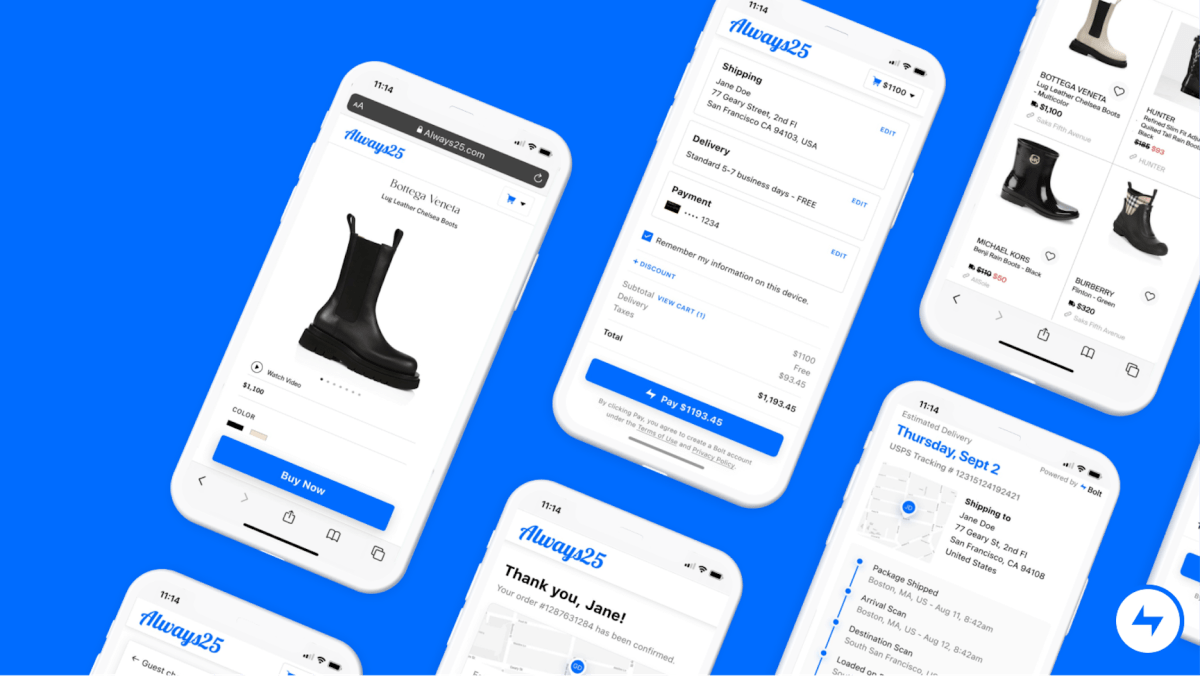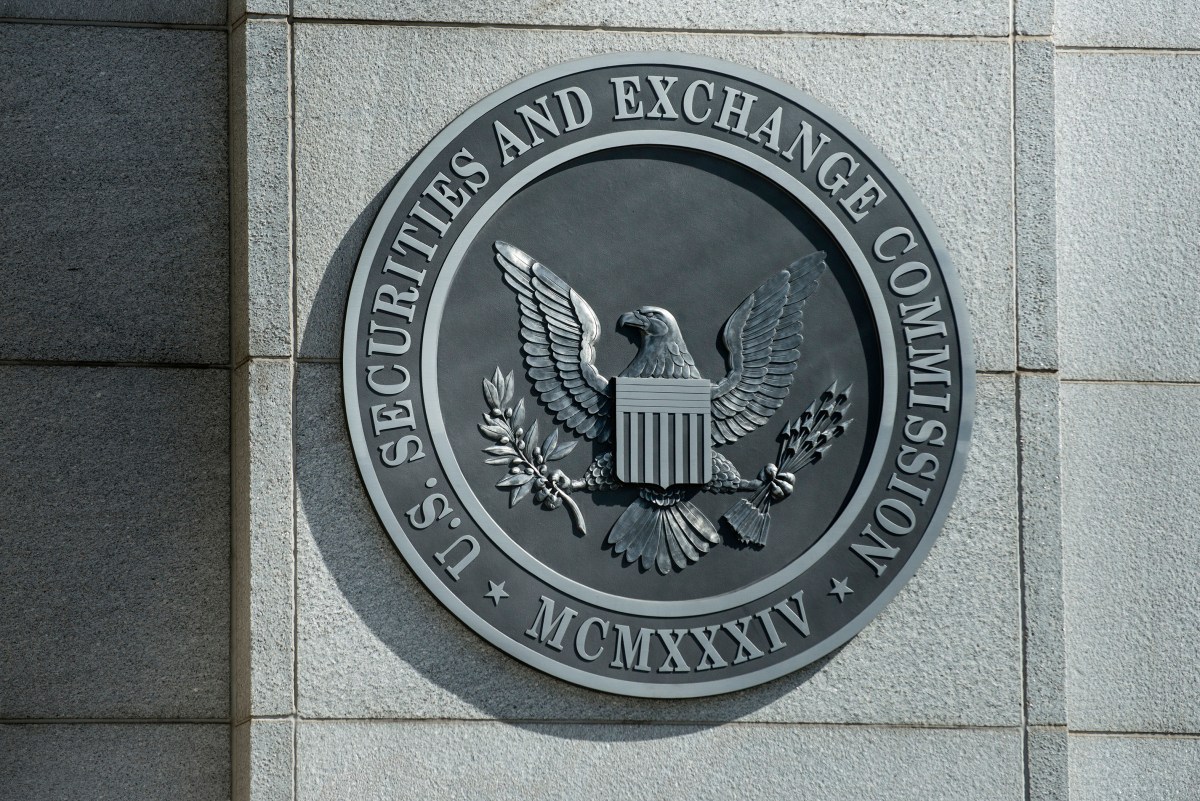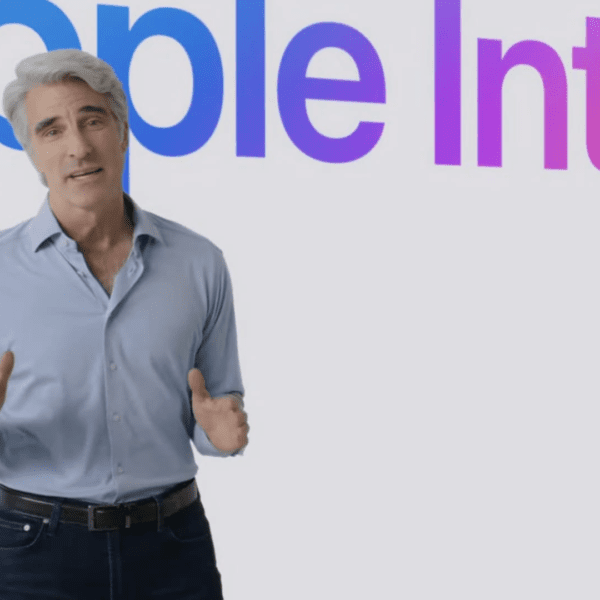It’s an open secret in the fintech world that the founder and CEO of startup Increase, Darragh Buckley, has been trying for years to “buy a bank,” as one person familiar with the landscape told TechCrunch.
A couple of weeks ago, he basically succeeded.
He bought a big enough stake in Twin City Bank to trigger a public disclosure of the transaction by the Federal Research Board. Such share purchases are then subject to FDIC approval. Twin City is a small community bank in Longview, Washington, about an hour north of Portland, Oregon. The stake had to be in excess of 10% to trigger the disclosure.
Buckley confirmed the deal to TechCrunch but declined to say how big of a stake he purchased. Whether he owns 11% or, say, 51%, we understand he is not the sole owner. Still, anything upwards of 10% makes him a major shareholder. (For comparison, public companies have to disclose all ownership stakes of 5% or more.)
The assumption in the industry was that Buckley wanted a bank to further the ambitions of Increase, his banking-as-a-service (BaaS) startup, multiple sources told TechCrunch.
What’s particularly wild is that a mysterious entity — most likely one of Buckley’s competitors — was so opposed to this deal that it hired an agency to pitch the press on writing negative stories about it and him.
But, Buckley told TechCrunch, this was actually his third investment in a Washington community bank and his interests are not what his competitors think.
This is not an effort for Increase to own the bank, he said. “Twin City Bank is, and will remain, a community-focused bank,” he said.
Silicon Valley finds a banking shortcut
Increase offers an API platform that allows financial services to be programmatically served. It performs tasks like automated clearing house transactions, wires, real-time payments, etc. Increase’s customers are largely other fintechs like Ramp, Check, and Pipe.
As Stripe’s first employee, Buckley has “a great reputation as an engineer among his peers,” one person in the fintech industry told TechCrunch. Even some BaaS competitors refer business to Increase when they can’t handle it themselves.
Like most fintechs, Increase partners with (and shares revenue with) FDIC-insured banks to offer such regulated services. Obtaining banking licenses themselves is difficult and expensive. Even Chime, which offers checking and savings accounts and recently had an IPO, is not an FDIC-insured bank but has banking partners.
In Increase’s case, it works with Grasshopper Bank and First Internet Bank of Indiana. (Buckley said he has no personal investment in either one.)
However, BaaS is a crowded, competitive market. That’s led a small number of them to find a workaround to stand out: buying small community banks directly and doing away with banking partners.
The biggest example of this is William Hockey, co-founder of Plaid, whose current fintech, Column, bought Northern California National Bank for $50 million in 2021. Another example is a Kansas City bank called Lead, bought and led by former Block executives Jackie Reses, Lead’s CEO, and Ronak Vyas, CTO.
The dangers of fintech partnerships
Buckley insists he has no plans to turn Twin City into his company’s personal partner bank or to swell its revenues with lots of fintech partners like Increase’s customers. The latter, he knows, can be dangerous.
For example, Evolve Bank, a partner to many fintechs from Affirm to Stripe, was the target of a large ransomware attack in 2024. This was shortly after the Federal Reserve System issued a cease-and-desist consent order to Evolve over problems it found with the bank’s risk management systems. Evolve was ordered to implement pages of compliance fixes. (The bank was also associated with the meltdown of BaaS startup Synapse.)
“Twin City Bank shouldn’t support sponsor banking,” Buckley explained, referring to banking partnerships with fintechs. “Sponsor banking requires very specific capability and capacity to supervise partners safely and soundly. Only specialized banks should do it.”
So why make such a big investment if not to benefit Increase? Because he likes community banks. They are the underdogs of the banking world.
“There’s perhaps a prevalent view in the financial technology industry that community banks can’t grow on their own. But community banks’ strength is their relationships and knowledge,” he said.
If Buckley’s plan for the bank ever changes, his BaaS competitors will be watching. As for the mysterious entity hoping to stop him: it’s too late. He said he received the FDIC’s “non-objection for control” approval and the deal has already closed.















